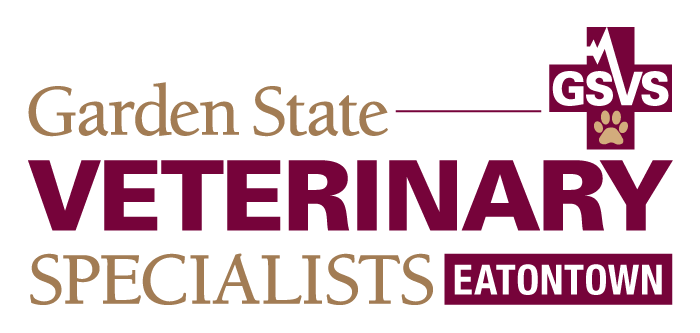Diagnostic Imaging at GSVS
The Diagnostic Imaging service specializes in the use of various modalities; including x-ray, ultrasound, fluoroscopy, computed tomography (or a CT-scan or CAT-scan), and MRI; to assist our clinicians in reaching a diagnosis for our patients. A radiologist collaborates with emergency clinicians and specialists not only in image interpretation, but also in helping to guide a diagnostic imaging plan. A radiologist can assist in choosing the best imaging study to evaluate the problem at hand, and is also useful in then using ultrasound or CT to guide needle aspirations or biopsies so that a definitive diagnosis can be reached.
Some of the procedures performed by our Diagnostic Imaging team:
Radiographs (x-rays)
Includes special studies with the use of contrast media.
Fluoroscopy
This is essentially a “video-x-ray” and is very useful in diagnosing specific diseases that require observation of active processes (such as a disorder in swallowing food, or coughing caused by collapse of the airways).
Ultrasound
Ultrasound is most commonly used to assess the abdomen; however, ultrasound can be useful for a variety reasons throughout the body.
Computed Tomography (CT-scan)
A CT is a powerful diagnostic tool that is both fast and provides excellent anatomic detail. This allows us to correctly make complicated diagnoses in a rapid fashion.
MRI
Magnetic resonance imaging (MRI) remains the best tool to assess the brain and spinal cord. Therefore MRI is used most frequently by our neurologists. MRI is also useful in assessing soft tissues throughout the body, and can help in diagnosing various muscle and tendon injuries.
Daniel Lantz, VMD, DACVR
Dr. Daniel Lantz joined GSVS in 2022 as the hospital's first board-certified radiologist. Daniel is a native of Northeastern Pennsylvania and completed veterinary school at the University of Pennsylvania in…
No Appointment Needed for Emergencies

